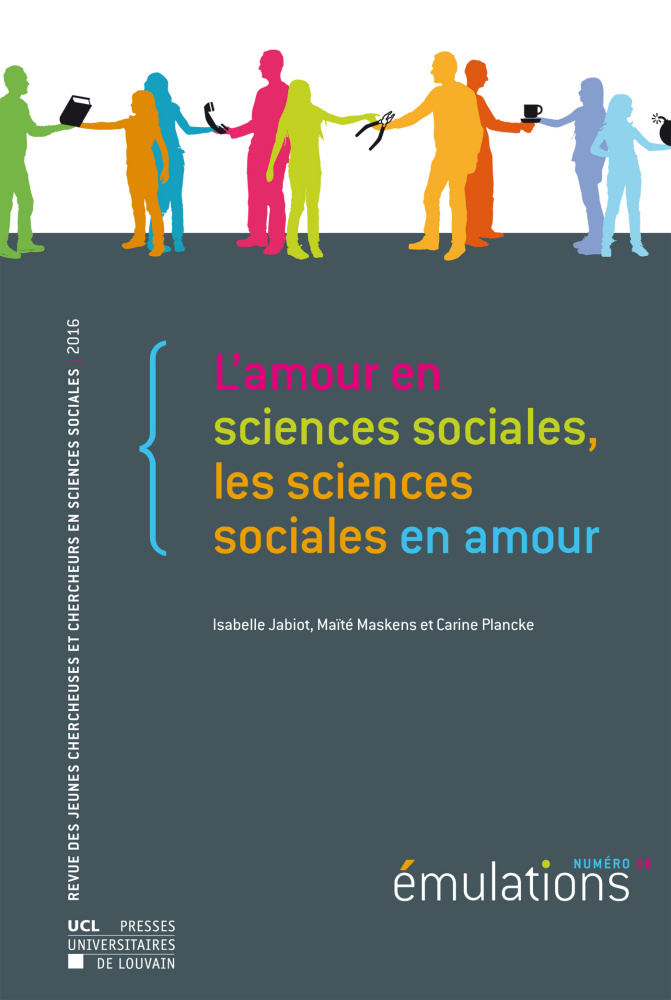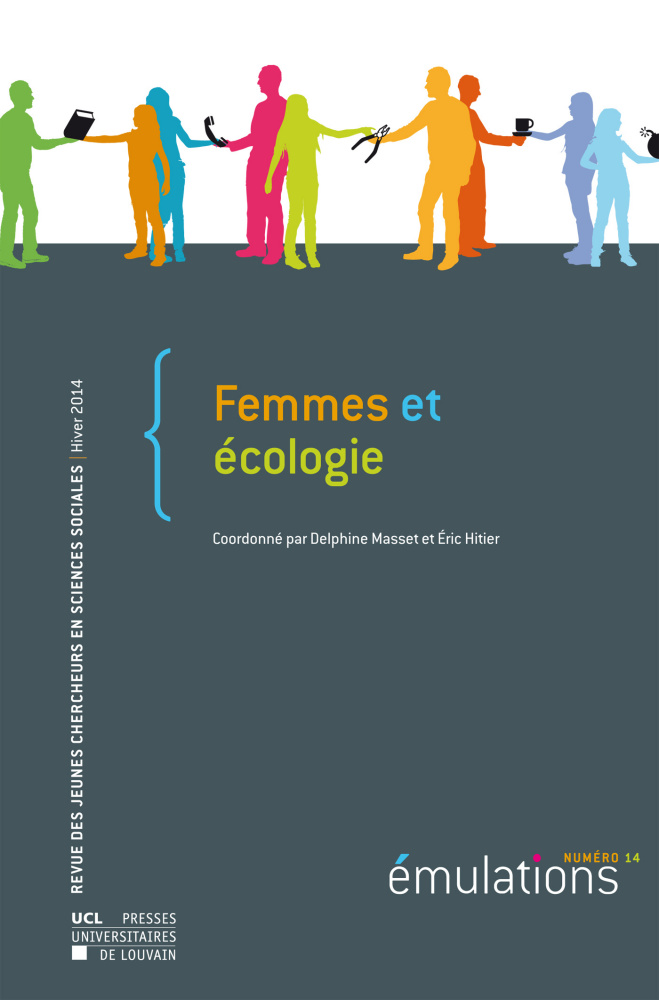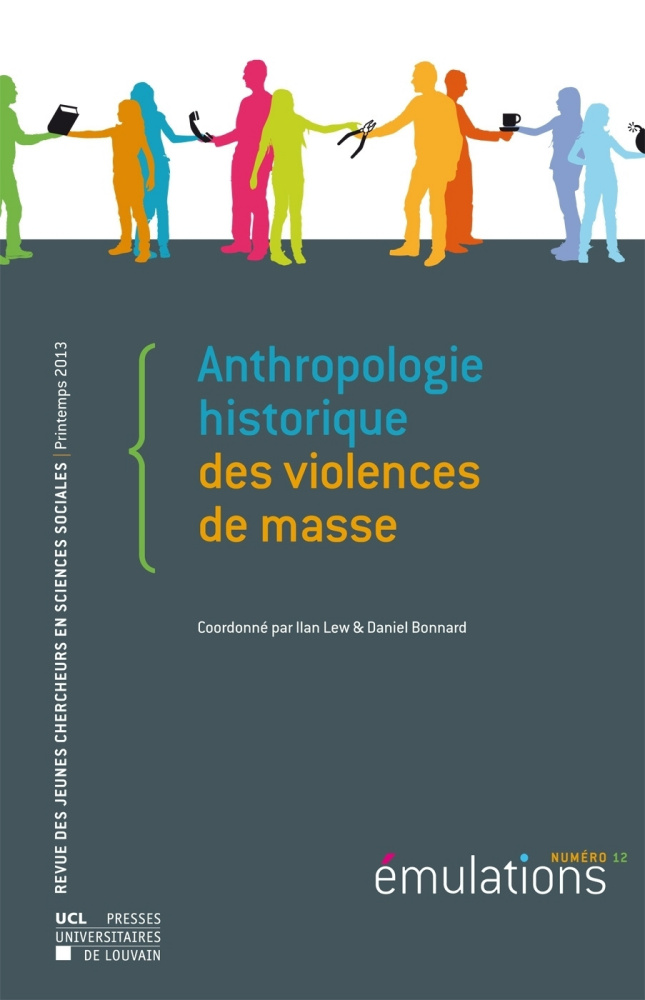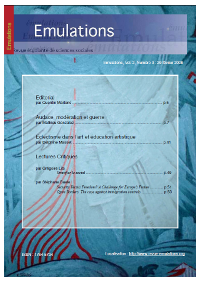Émulations is an international Open-Access peer-reviewed social sciences journal published by the University Press of Louvain (Belgium) that publishes four thematic issues every year. The journal has also three online-only sections: varia, book critique and interview.
New website: https://journals.openedition.org/emulations/

















.png)





